Fracture Mechanics Testing
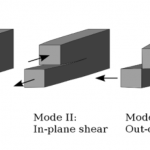
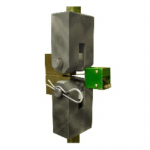 Fracture mechanics testing is concerned with assessing the ability of a materials to resist the growth of micro cracks and other flaws. Most engineering materials will have flaws like micro cracks, inclusions, etc. When the components are subjected to applied forces during service, these flaws can grow in a stable or unstable manner depending on the geometry of the flaws, materials intrinsic ability to resist the growth of cracks, environmental conditions, etc.
Fracture mechanics testing is concerned with assessing the ability of a materials to resist the growth of micro cracks and other flaws. Most engineering materials will have flaws like micro cracks, inclusions, etc. When the components are subjected to applied forces during service, these flaws can grow in a stable or unstable manner depending on the geometry of the flaws, materials intrinsic ability to resist the growth of cracks, environmental conditions, etc.
Several different parameters are used to describe the fracture behavior of materials. Most commonly measured parameter is fracture toughness. It is a force required to propagate a crack of certain geometry measured in a stable manner. There are several different fracture toughness measures namely K1c, K2c, K3c depending on the nature of applied loading. Thus, when the forces applied are normal to the crack plane it is called opening mode or mode 1 fracture toughness. Similarly, Mode 2 parameters measure the resistance to shear loading and mode 3 measures the resistance to tear type of loading. K1c is also known as plane strain fracture toughness in opening mode. Linear elastic theory is used to calculate the stress intensity factors of a crack and thus K1c values. These methods are helpful when dealing with brittle materials like glass, ceramics, composites, etc. But in case of metallic alloys and polymers which have significant ductility these parameters underestimate the toughness values. Thus, plastic theory is used to account for crack tip plasticity. These numbers are known a J1c, J2c, J3c. In addition to fracture toughness measurement, in many cases it is necessary to know the damage tolerance of materials. Damage tolerance is measured in terms of crack resistance {R} curve. More specifically thin sheet materials like skin sheets for air frames, laminated glass or polymers, etc., display high resistance to crack growth.
Capability – At Touchstone Testing Laboratory, we have equipment and capability to run fracture toughness tests and crack growth resistance curves for metallic alloys, composites, ceramics, etc.
Some related standards:
- ASTM B646 – Standard Practice for Fracture Toughness Testing of Aluminum Alloys
- ASTM E1820 – Standard Test Method for Measurement of Fracture Toughness
- ASTM E399 – Standard Test Method for Linear-Elastic Plane-Strain Fracture Toughness K1c of Metallic Material
- ASTM E1290 – Standard Test Method for Crack-Tip Opening Displacement (CTOD) Fracture Toughness Measurement
- ASTM E561 – Standard Test Method for K-R Curve Determination
- ASTM D6068 – Standard Test Method for Determining J-R Curves of Plastic Material
- ASTM B871 – Standard Test Method for Tear Testing of Aluminum Alloy Products
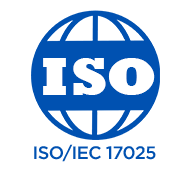
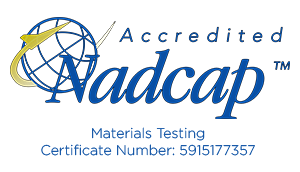
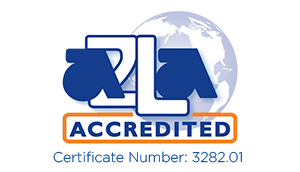
Touchstone is committed to providing its customers with quality, reliable test results. That is why we have undertaken the rigorous steps needed to meet and secure the most stringent of test lab accreditations including ISO/IEC 17025, NADCAP 7101 (Materials Test Lab) and NADCAP 7122-I (Non-Metallics Materials Testing).
© 2024, Touchstone Testing Labs | Design by Wheelhouse Creative

